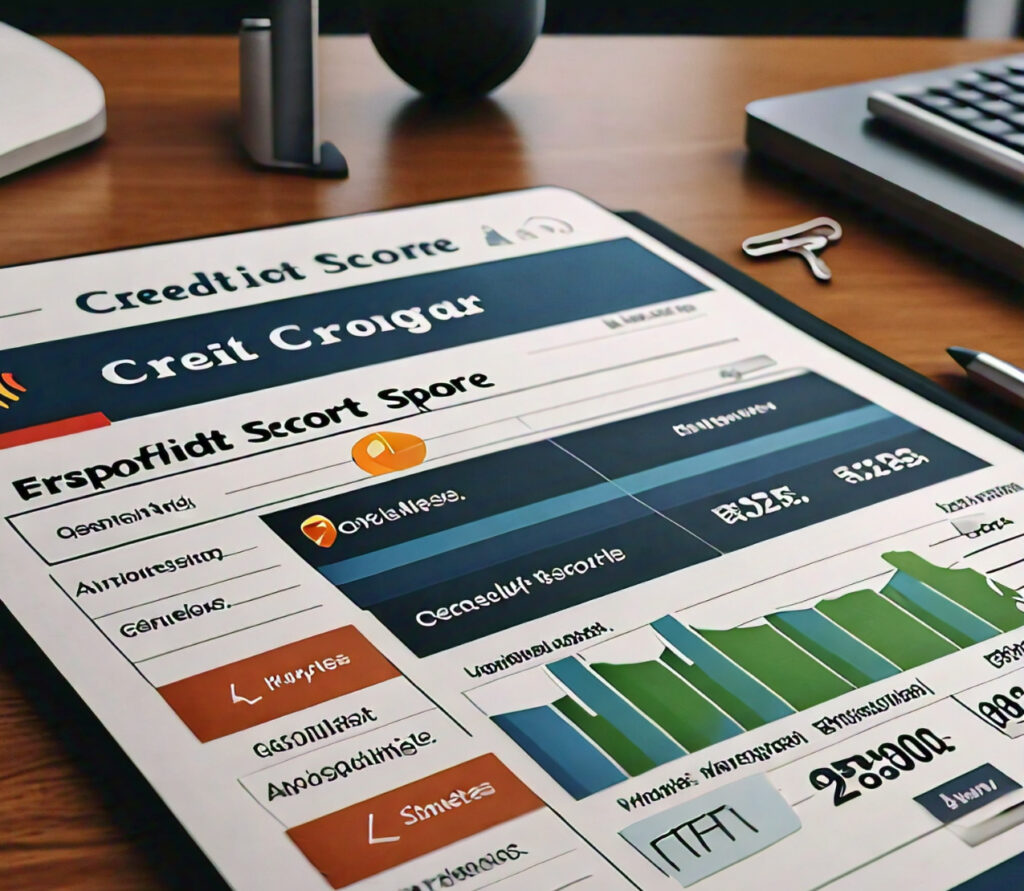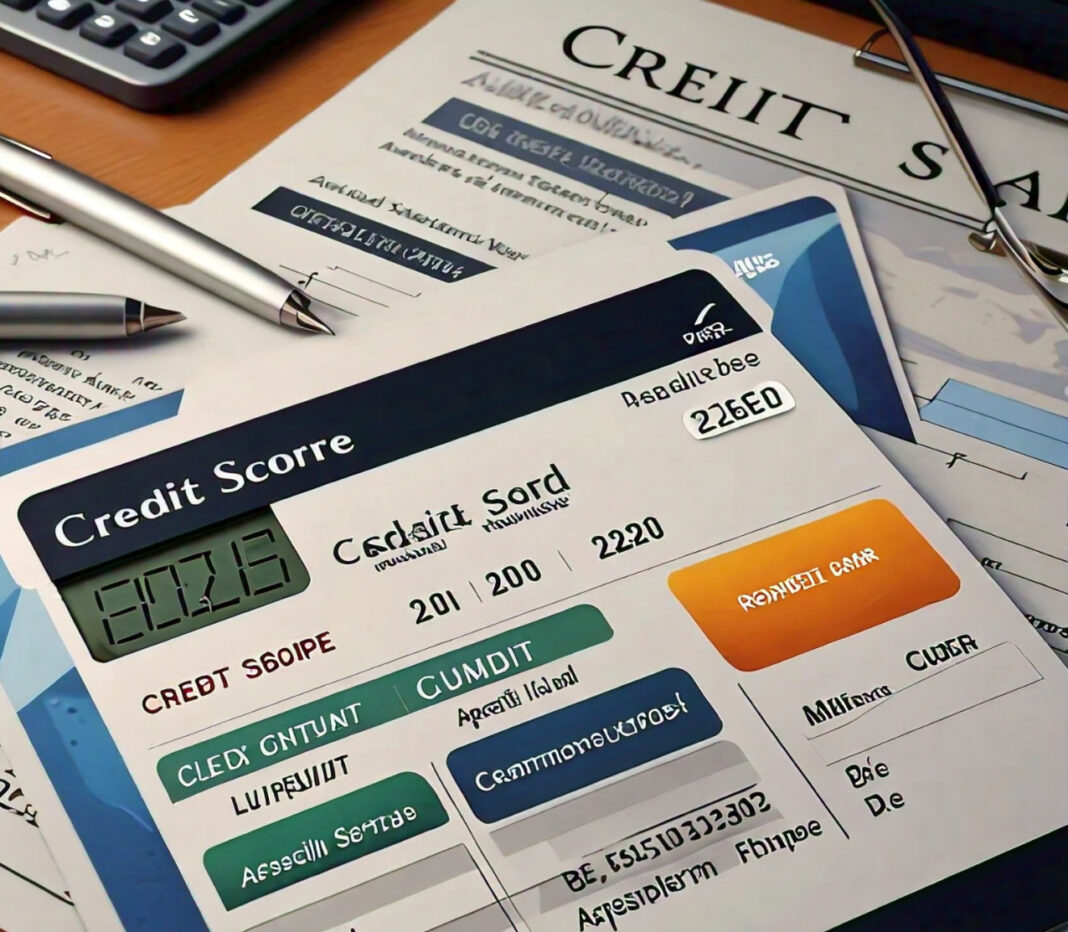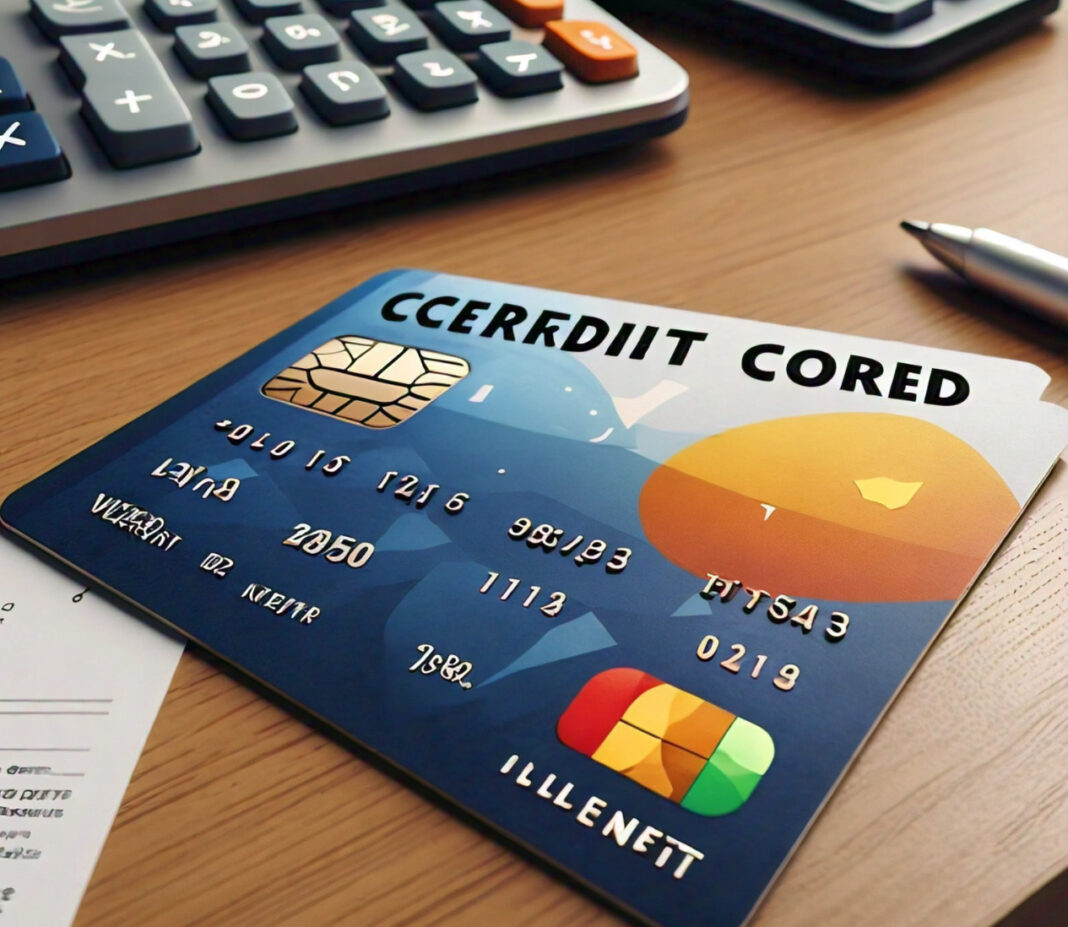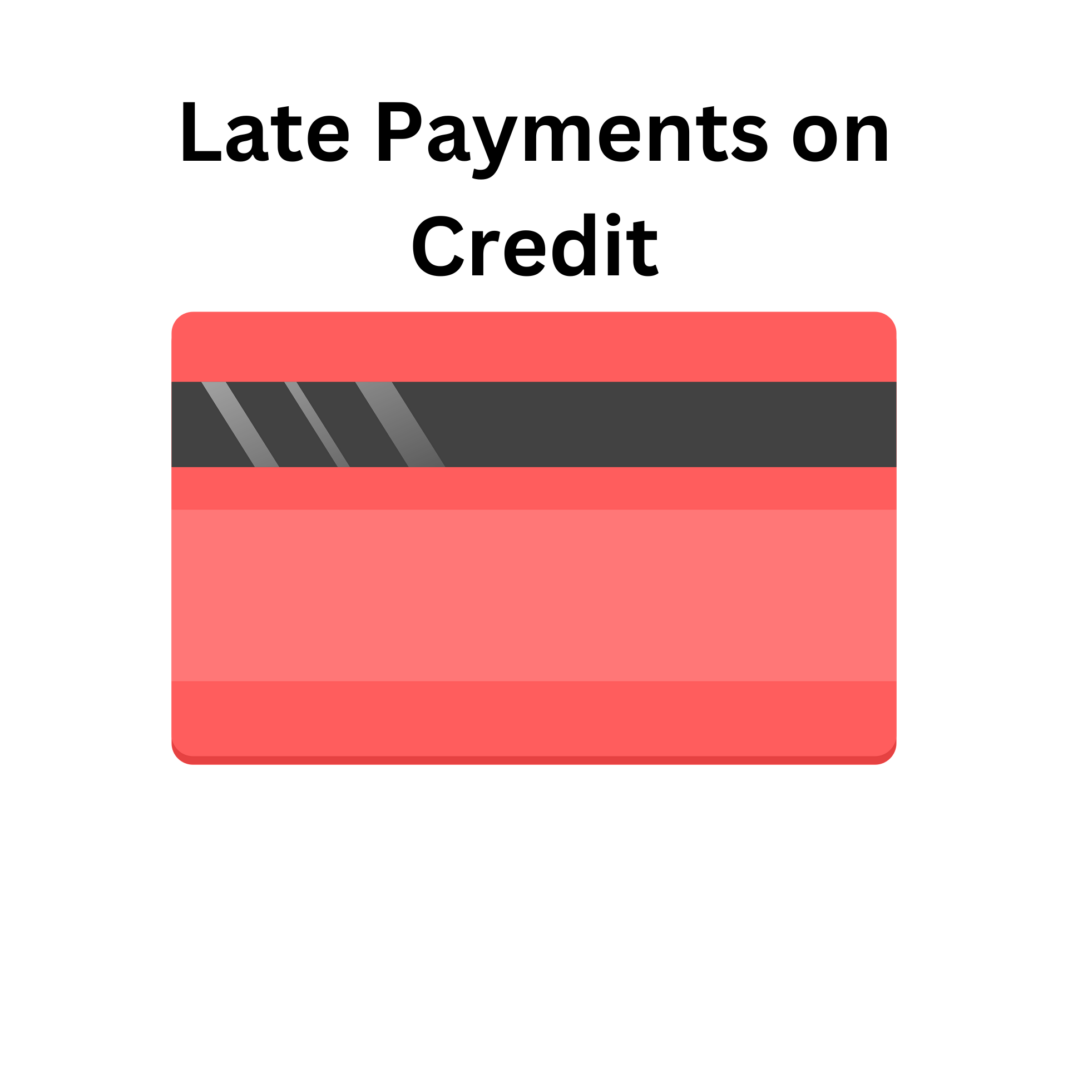As any financial expert would tell you, your credit score is more than just a number, but a key that may open up the doors of financial opportunity or put serious speed bumps along your path. Whether you aspire to buy a home, finance a car, or simply receive better credit card offers, a good credit score can mean all the difference. But what if your credit score isn’t exactly there? Well, the good news about credit scores is that they’re not set in stone. With the right knowledge and the right tactics, you can take matters into your own hands and enhance your credit score.

In the following comprehensive guide, we shall look at practical, actionable measures that one could use to improve their credit score. In this post, we’ll walk you through everything you need to get started with improving your credit-from what goes into your credit score to specific ways to improve your credit. Whether you’re starting from scratch or trying to bump up a score that’s already good, there’s something in this guide for everyone. Let’s dive in and learn just how you can flip your credit score and unlock the doors to better financial opportunities.
Understanding Your Credit Score
Before improvement strategies are discussed, it is essential to understand what a credit score is and how it is calculated.
What Is a Credit Score?
The grade a lender gives you shows how risky it may be to lend money or extend credit to you. The higher your score, the more likely you are to get approvals for loans and credit cards at excellent rates.
How Is Your Credit Score Calculated?
There are many models of credit scoring, but the most used credit score is FICO. The factors of your FICO score include the following:
- Payment History: This incorporates a history of bill payments. It accounts for 35% of the FICO score.
- Credit Utilization: This includes how much credit you are using out of the total credit limits available to you. It is 30% of the FICO score.
- Length of Credit History: This is the time for which you have had credit accounts.
- Credit Mix (10%): The variety of credit products you have, from credit cards to instalment loans.
- New Credit (10%): How often do you apply for and open new credit accounts?
Mastery of these elements provides the necessary background one needs to know where to concentrate their efforts for improvement.
Strategies to Improve Your Credit Score
Since we are aware of what makes up a credit score, let’s explore specific ways to improve it.
- Always Pay Your Bills on Time
Paying your bills on time is the single most influential factor in improving your credit score. Missing a payment can badly hurt your score, and the negative mark can stay on your report for up to seven years.
Tips for paying consistently on time:
Implement Automatic Bill Pay
Create Calendar Reminders for Payment Due Dates
Consider making multiple bill payments a month to avoid being late
If you can’t make a payment, don’t wait for your creditors now. Many will work out a payment plan or hardship program, especially if you catch them before you’ve missed a payment.
2. Lower Your Credit Utilization
Your credit utilization ratio simply shows how much you use compared with the limits placed upon your credit accounts. The goal is to be below 30 per cent, but the lower, the better.
Means to Lower Credit Utilization:
Pay down credit card balances
Request an increase in the credit limit and try not to give in to the urge to spend
Spending on many cards keeps credit utilization on any one card low
Pay multiple times throughout the month so the balance that is reported is as low as possible
Remember, even if you pay your balance in full each month, your utilization ratio is typically based on the balance reported to the credit bureaus and is usually your statement balance.
3. Do not Close Old Accounts
Another important factor is the length of your credit history, which comprises 15% of your FICO score. If you close older accounts, your credit history shrinks, which could lower your score.
Benefits to keeping old accounts open:
Keeps the average age of your accounts older
Keeps your available credit up, helping your utilization ratio
Will positively contribute to your payment history if that account is in good standing
If the temptation to close old accounts is to avoid annual fees, consider downgrading to a no-fee version of the card instead.
4. Limit New Credit Applications
With every credit application, a hard inquiry is made on your credit report. Too many inquiries within a short duration lower your score and make you a risky candidate to lenders.
Tips to keep in check while applying for credit:
- Apply only when needed
- If you shop for a loan, rate-shop within a short period of time, usually 14-45 days, as multiple inquiries for the same type of loan within this timeframe are usually counted as one
- When available, use pre-qualification tools that use soft inquiries
5. Diversify Your Credit Mix
Having a mix of different types of credit, such as credit cards, personal loans, and mortgages, can be beneficial for your score. However, you should not particularly open new accounts for that purpose. You need to know that as soon as there is a particular need, then you may do so.
6. Correct the Errors on Credit Reports
Mistakes on a credit report can unfairly lower your score. Pull your credit reports regularly and dispute errors.
How to dispute credit report errors:
- Get free credit reports from AnnualCreditReport.com
- Review the reports thoroughly for errors
- Gather documentation to prove that the error is wrong
- File a dispute with one or all credit bureaus reporting the error
- Make sure to see it through, and the error gets corrected
7. Consider a Secured Credit Card
A secured credit card can be a priceless tool if you’re building credit from scratch or rebuilding after financial difficulties. These cards require a cash deposit, which is generally your credit limit.
Pros of secured credit cards include:
- Easy to qualify compared to traditional credit
- Will report to the credit bureaus, which helps to build a positive payment history
- This may lead to unsecured credit cards
8. Become an Authorized User
Adding you as an authorized user on anyone else’s credit card can repair your credit if you don’t have much of a credit history. The account’s payment history and credit utilization will be reported on your credit report.
Considerations of Authorized User Status:
Whoever it is should have good credit history and responsible habits.
Make sure the credit card issuer reports authorized user activity to the bureaus.
Know that you are not legally liable for the debt, but delinquencies may hurt your credit.
9. Apply for a Credit-Builder Loan
The loans that are referred to as credit-builder loans target the purpose of helping an individual build credit from scratch. The amount borrowed sits in a savings account while one pays off the debt, and you get the money once after you have repaid the loan.
How this form of credit-builder loan helps:
Establishes a positive payment history
Diversifies your credit mix with the addition of an instalment loan
Saves money building credit
10. Keep Credit Card Balances Low
Even if you pay your balance in full each month, high reported balances can hurt your score. During the month, try to keep the balance under 10 per cent of your limit.
Tactics to keep credit card balances low:
Make several payments throughout the month
Ask your card issuer to report a balance on a certain date right after you pay it down.
Keep your credit card for only selective purposes.
11. Patience and persistence are Important
You will have to allow considerable time to elapse before your credit score improves consistently. Yes, there are ways to work for quicker impacts, but noticeable improvements often take several months or even years.
Some tips to stay motivated:
Setting small goals with realistic accomplishments, coupled with small celebrations
- Keep an eye regularly on your credit score to see the progress.
- Setbacks happen; just keep focused on the big picture and the long-term improvement of your credit score.
12. Consider Professional Help
Do not be afraid to turn for help to serious credit counseling agencies if your case with complex credit issues is overwhelming. They will be in a position to give you precious personalized advice regarding your credit and to help you build a plan for its improvement.
To seek a credit counselling agency:
- Non-profit status
Accredited by the National Foundation for Credit Counseling or Financial Counseling Association of America Free/low-cost consultative sessions offered with no strings attached Clear fees/services Available APP Advanced Strategies to Improve Your Credit Score Once you’ve got the basics right, here are some of the advanced strategies you can use to boost your credit score a notch higher. ### 1. Time Your Credit Utilization
Credit card companies generally report balances to the credit bureaus once a month, often on the statement closing date. If you pay your balance prior to that, a lower utilization ratio can be reported.
2. Use Experian Boost or UltraFICO
These newer programs allow you to add alternative data to your credit report, possibly giving your score a boost:
- Experian Boost: Adds utility and streaming service payments to your Experian credit report
- UltraFICO: Uses banking data to enhance your FICO score
3. Negotiate with Creditors
If you have negative items on your credit report, try negotiating with creditors:
- For collections, offer a “pay for delete” agreement
- For late payments, request a goodwill adjustment if you have an otherwise good payment history
- Keep Your Credit Utilization Ratio Low Over Time
While 30 per cent utilization has been called the target level for many years, the highest credit scores are reserved for those who keep their utilization ratio below 10 per cent.
- Use Different Types of Credit Responsibly
While you should avoid applying for credit that you don’t need, using a mix of credit types responsibly can help your score over time. This may include:
- Revolving credit (credit cards)
Installment loans are typically personal loans or auto loans. Mortgage loans
Conclusion: Your Path to Better Credit
The process of improving your credit score is marathon-like, and it does take some time to feel the effects. Understanding what goes into determining your credit score and following the strategies we have discussed will give you control over your financial future and unlock opportunities that might otherwise be out of reach.
Remember, bad credit doesn’t get fixed with any shortcuts, but you can definitely make considerable changes provided the effort is persistent and over time. For now, focus on the very basics: pay your bills on time, maintain low credit utilization, and don’t let new credits be opened unless necessary. Once those good habits are developed, you can add in more sophisticated strategies.
It’s a good idea to check your credit report and score regularly to track your progress and quickly identify any potential problems. You can use a free credit reporting service and/or subscribe to a credit monitoring service that will give you minute-by-minute updates.
Last but not least, do not be discouraged by probably the fact that you may not see immediate overnight results; it’s a marathon, not a sprint. Having small victories along the way will help celebrate your long-term financial goals. With dedication and the right strategies, a better credit score is within reach.
By taking action today to improve your credit score, you’ll be investing in a much better financial life. Whether you want to own a home, start a business, or simply just have more financial flexibility, a good credit score brings you closer to those goals. Now, start working towards better credit today; your future self will thank you.






